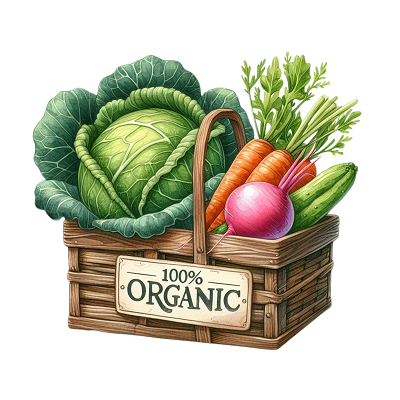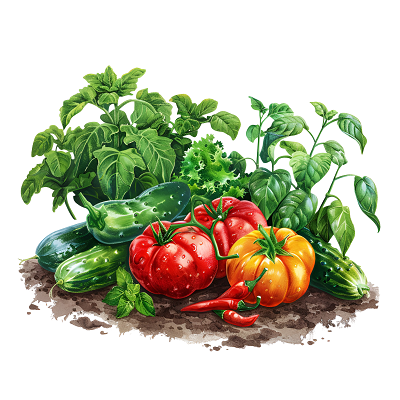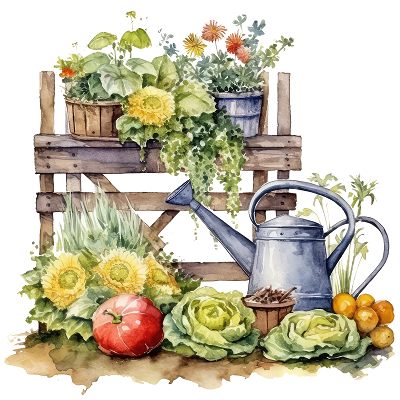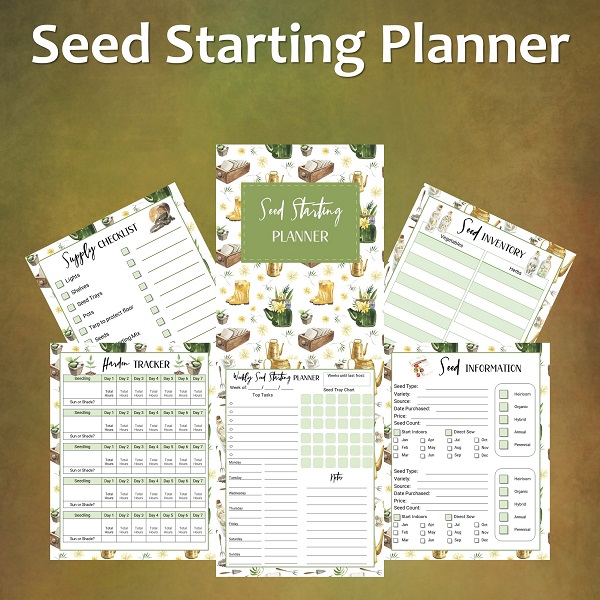Organic Gardening
 Gardening organically is a great way to ensure your family and friends eat healthy from the earth, but it does present some challenges. The biggest challenges are in taking care of pests and fighting disease in order to grow a beautiful and bountiful harvest. Here are some of the homemade solutions to these organic gardening problems.
Gardening organically is a great way to ensure your family and friends eat healthy from the earth, but it does present some challenges. The biggest challenges are in taking care of pests and fighting disease in order to grow a beautiful and bountiful harvest. Here are some of the homemade solutions to these organic gardening problems.
Aphids
Aphids can be successfully treated with either of the following sprays. The key to either is making sure you are diligent in spraying all the leaves, including the undersides.
Oil and soap spray – Take 2 teaspoons of Mineral oil and add in 2 or 3 minced garlic cloves. Let it steep for about 24 hours, then strain. Next add 1 teaspoon liquid dish soap and 1 pint of water. Use 1-2 tablespoons of this mix with a full spray bottle of water. Always test it on a leaf first to make sure it does not harm it. If it does, dilute it with more water and try again. Continue reading
 Maybe you’ve vaguely heard of something called plant rotation and you were told it’s a good idea for your organic garden, but you’re not sure why you should do it and what exactly is involved. The easiest way to explain it is the same type of crop should not be planted in the same spot two years in a row.
Maybe you’ve vaguely heard of something called plant rotation and you were told it’s a good idea for your organic garden, but you’re not sure why you should do it and what exactly is involved. The easiest way to explain it is the same type of crop should not be planted in the same spot two years in a row.
It’s not enough to just rotate your plantings, you should rotate types. This makes it trickier, but certainly not impossible. Learn what plants are in which category and proceed with this knowledge when you start digging in the soil next season.
Why should you do this? Plants use the nutrients in the soil but not all plants use the same nutrients. The soil needs to build up again instead of losing the same nutrients year after year, which is what would happen if you have the same crop in the same spot.
The same plantings in the same spot weaken the soil, which is turn leads to weaker plants and invites disease. More than half the battle with organic gardening is preventing disease in the first place. Continue reading
 While some people would declare coffee to be the staff of life and will enjoy several cups of their favorite brew throughout the day, there really is more to coffee than just drinking it. It turns out coffee can play a part in organic gardening. So not only can you drink it, but you can use the coffee grounds to make your garden soil and plants happy.
While some people would declare coffee to be the staff of life and will enjoy several cups of their favorite brew throughout the day, there really is more to coffee than just drinking it. It turns out coffee can play a part in organic gardening. So not only can you drink it, but you can use the coffee grounds to make your garden soil and plants happy.
Brewed coffee is acidic, but the grounds produced from the brew are not. The brewing process removes the acid and they become neutral and nitrogen-rich. This is good news and lends itself to practical applications in your garden.
Probably the easiest thing to do with your coffee grounds is to add them to your compost pile. They are considered a “green” material just like any vegetable peelings and grass clippings. Being rich in nitrogen means they will help heat up your compost and aid in a faster decomposing time. As with any composting, brown materials such as dry leaves should be in your bin as well. Continue reading



